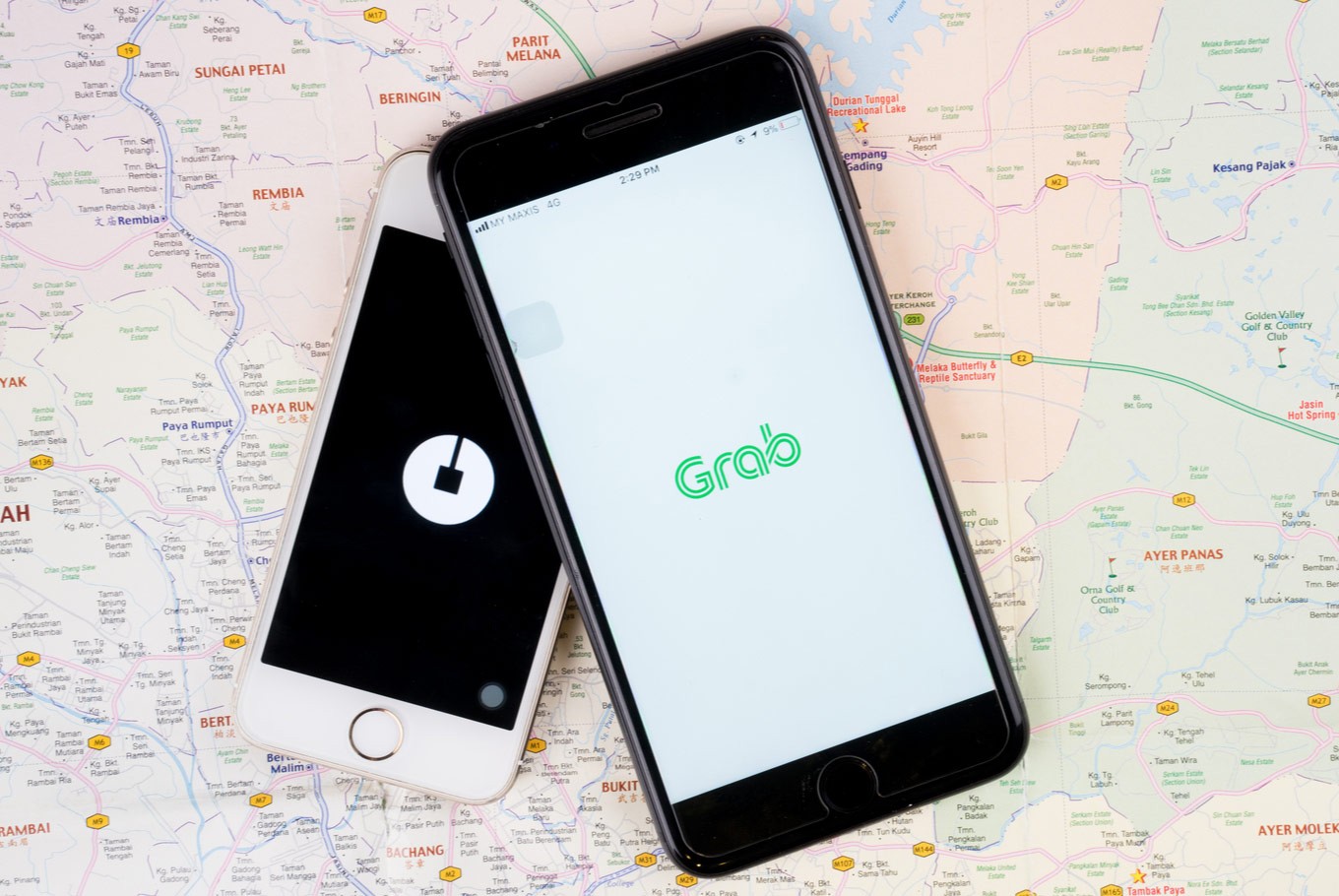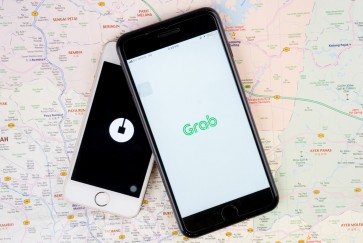Popular Reads
Top Results
Can't find what you're looking for?
View all search resultsPopular Reads
Top Results
Can't find what you're looking for?
View all search resultsCulture eats strategy for breakfast, again
Change text size
Gift Premium Articles
to Anyone
A
s Uber bows out to Grab, we learn that even in the land of internet, personal culture still wins over global tech giants’ blanket global strategy. Does the American dream not work for Asia?
In the understandably optimistic Silicon Valley, any startup has the potential to produce miracles, with promises of marvels and golden uplands. Entrepreneurs on the West Coast always have reasons to look ahead to a distant frontier, as the world markets can be conquered by the switch of an algorithm.
Such has been the business strategy and, in fact, the business mentality of Google, Amazon, Facebook, Airbnb, Uber, Snapchat, WeWork, Dropbox, and practically every other company from the Valley.
So when mighty Uber bowed out to Grab this week in Southeast Asia, following its earlier retreats from China and Russia, academics and commentators saw not so much a personal defeat of Uber’s founder Travis Kalanick but a challenge to people’s understanding of a business dynamic.
Among business school academics and consultants, the “network effect” is a common refrain that explains the rise of Uber and Airbnb. In both cases, the company took on the role of a two-sided marketplace, facilitating selling on the supply side and buying on the demand side to enable the exchange of goods or services.
The value of such a platform depends, in large part, on the number of users on either side of the exchange. That is, the higher the number of people who use the same platform, the more inherently attractive the platform would become — leading even more people to use it.
So even for a social media platform such as Facebook or Snapchat, the higher the number of end users hanging out reading news and playing games, the more willing big brands, such as Coca-Cola and Procter & Gamble and Nike, are to buy ads there. And when a platform reaches a certain size, its dominance then become hard to unseat, or so the theory goes.


















